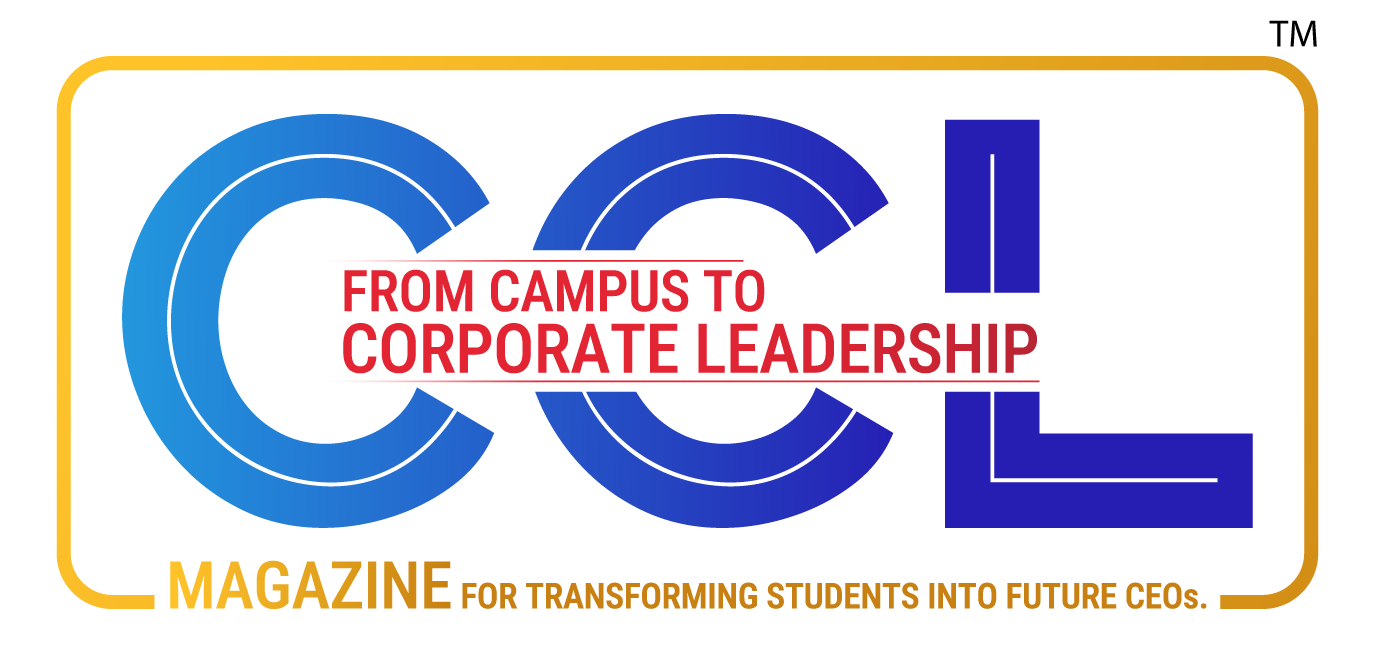Now Reading: Luxury and Glamour in Hospitable Hospitality
-
01
Luxury and Glamour in Hospitable Hospitality
Luxury and Glamour in Hospitable Hospitality
Industry Leaders5 months ago
Luxury in hospitality is defined by authentic, personalized service that creates emotional connections, enhanced by brand strategies and digital innovation driving exceptional guest experiences.
Mr. Rushdy Mubarak
- Home
- Industry Leaders
- Luxury and Glamour in Hospitable Hospitality
Luxury and glamour in the hospitality industry can be defined rationally based on authenticity, establishing real one-on-one guest satisfaction-based service and personalization. A meaningful experience that creates an emotional connection as a “wow” factor reflects luxury, which is certainly more powerful than words.
The hospitality industry adopts a mix of brand strategies, as in many other sectors, with the hotel business jumping on the luxury bandwagon to extend experiences and services that typify brand uniqueness.
A revolutionary transformation to streamline operations through digital integration generates an elated guest experience. Stellar service, driven by devoted hotel staff together with a culture of digital excellence, was discussed during an interview with
Mr. Rushdy Mubarak,
Cluster Director of IT,
Radisson Hotel Group,
UAE.
Q : WHAT ROLE DO YOU SEE DIGITAL TRANSFORMATION PLAYING IN RESHAPING GUEST EXPERIENCES AND OPERATIONAL PROCESSES IN THE HOSPITALITY SECTOR?
Digital transformation in hospitality means using technology to improve guest experiences and make hotel operations easier for staff. This includes tools like mobile apps, smart rooms, and automated systems to enhance services and streamline daily tasks.
Enhancing the Guest Experience
Through technology, hotels can gather insights into guest preferences—like preferred room setups or dining options—to deliver a more personalized stay. Modern travelers seek greater control over their experience, and tools such as mobile apps and self-check-in kiosks enable guests to manage their stays with ease, bypassing long queues.
Since the pandemic, many guests prefer contactless services. Digital check-ins, touchless payments, and smartphone room keys make their stay smoother and safer. Messaging tools and chatbots also give guests quick and easy access to help, improving their overall experience.
Making hotel operations smoother
Automation assists staff with daily tasks like managing bookings, check-ins, and cleaning schedules. This saves time, minimizes errors, and keeps operations efficient. Connected systems for reservations, billing, and guest management enable seamless teamwork across departments. Technology allows managers to remotely control room temperature, lighting, and maintenance, cutting energy use and speeding up repairs. Predictive maintenance helps reduce costs and prevent breakdowns. Digital tools also enhance staff training and communication, simplifying their work. Overall, digital transformation improves the experience for both guests and employees.
Q : IN WHAT WAYS HAS TECHNOLOGY HELPED YOUR ORGANIZATION IMPROVE GUEST SATISFACTION AND LOYALTY, PARTICULARLY IN A POST-PANDEMIC WORLD?
In the post-pandemic world, technology has greatly enhanced hospitality businesses’ ability to offer convenient, personalized, and safe experiences, boosting guest comfort and satisfaction. A major shift is the rise of contactless services—guests now enjoy check-ins, payments, and room access via smartphones, making stays more convenient and secure.
Hotels use data from past visits and online behavior to personalize recommendations and offers, helping guests feel valued. Communication is smoother through emails, texts, and apps, keeping guests informed about promotions and updates, which builds trust and engagement.
Booking, modifying, or canceling reservations has become easier via websites and apps, adding flexibility that encourages repeat visits. Online reviews and surveys help hotels identify improvement areas and foster loyalty. Loyalty programs managed through digital platforms reward guests with points and discounts, incentivizing return visits.
Additionally, health and safety remain a top priority, with digital tools such as online menus, sanitization tracking, and health checks reassuring guests about cleanliness and safety throughout their stay.
Q : HOW DO YOU STAY AHEAD OF TECH TRENDS AND ANTICIPATE THE EVOLVING NEEDS OF YOUR GUESTS IN AN INDUSTRY THAT IS CONSTANTLY SHIFTING?
To meet the changing expectations of guests and remain competitive, hospitality businesses must be proactive, adaptable, and forward-thinking. Staying current with the latest technology, trying out new tools, listening to guest feedback, and using data to anticipate future needs are essential steps. Embracing innovation allows hotels to offer personalized and seamless experiences that encourage repeat visits.
Keeping up with industry trends can be achieved by reading reports, attending webinars, and following experts on social media. Actively collecting feedback through surveys, online reviews, and social media helps businesses understand what guests value and expect.
Data analysis is a powerful tool for identifying patterns and predicting trends. By studying guest stays, bookings, and interactions, hotels can make informed decisions and tailor experiences to meet needs before they arise. Testing new technologies through pilot programs provides valuable insights into what works best for guests.
Flexibility is also crucial in an industry that constantly evolves, as is adopting green technologies to meet growing guest demand for sustainable practices. Reducing energy use and waste not only supports environmental goals but also enhances the guest experience.
By staying informed, leveraging data, and embracing change, hospitality businesses can deliver exceptional experiences and maintain their competitive edge.
Q : HOW IMPORTANT ARE STRATEGIC PARTNERSHIPS WITH TECH PROVIDERS IN YOUR IT STRATEGY, AND WHAT DO YOU LOOK FOR WHEN SELECTING TECHNOLOGY VENDORS?
Strategic partnerships with technology providers are essential for the success of hospitality businesses, enabling them to offer better services, stay competitive, and improve operations. Selecting the right technology vendor requires careful evaluation to ensure their solutions meet current and future needs.
- Access to New Technology: Partnering with a tech provider grants access to the latest innovations like AI, automation, and smart systems, enhancing guest experiences and operational efficiency.
- Expertise and Support: Vendors bring valuable knowledge and offer support to help businesses implement and integrate new systems smoothly.
- Scalability: A strong partnership allows businesses to start with basic tools and scale their technology solutions as they grow, avoiding frequent vendor changes.
When choosing a technology vendor, several factors should be considered:
- Reliability and Reputation: Select a vendor with a proven track record of delivering high-quality, reliable products and services.
- Ease of Integration: Ensure the new technology works seamlessly with existing systems, such as booking or guest management, to reduce disruptions.
- User-Friendliness: The system should be easy to use for both staff and guests to avoid frustration and encourage adoption.
- Support and Customer Service: Choose a vendor that provides prompt, reliable support for setup and ongoing issues.
- Cost-Effectiveness: The solution should fit your budget and offer flexible pricing that aligns with business growth.
- Security: Strong security features are essential to protect guest data and maintain privacy.
Focusing on these factors will help hospitality businesses build strategic tech partnerships that improve both guest experiences and operations.
Q : WHAT KEY LEADERSHIP TRAITS DO YOU BELIEVE ARE ESSENTIAL FOR MANAGING THE INTERSECTION OF TECHNOLOGY, STRATEGY, AND CUSTOMER EXPERIENCE IN THE HOSPITALITY?
Managing the balance between technology, strategy, and customer experience in the hospitality industry requires strong leadership and a clear vision. IT leaders, such as Heads of IT, play a crucial role in leveraging technology to enhance the guest experience while supporting long-term business goals. They must stay ahead of emerging trends and understand how to implement new technologies to keep their business competitive.
The hospitality industry is constantly evolving, with shifting guest expectations and rapid tech advancements. IT leaders need to remain flexible and open to adopting new tools and strategies. This adaptability allows them to respond quickly to technological changes and meet new demands.
A primary goal for IT leaders is ensuring that technology improves the guest experience by making services more convenient, personalized, and efficient. Solutions like mobile check-ins or smart room controls can significantly boost guest satisfaction without adding complexity.
Effective leadership in technology also requires close collaboration with other departments, such as operations, marketing, and guest services. Strong communication ensures all teams are aligned, using technology to enhance the overall guest experience.
Finally, IT leaders must make well-informed decisions when investing in new technologies. While some level of risk may be involved, the focus should always remain on enhancing guest satisfaction. By effectively balancing technology, strategy, and customer care, IT leaders help ensure their business remains competitive and continues to thrive.










